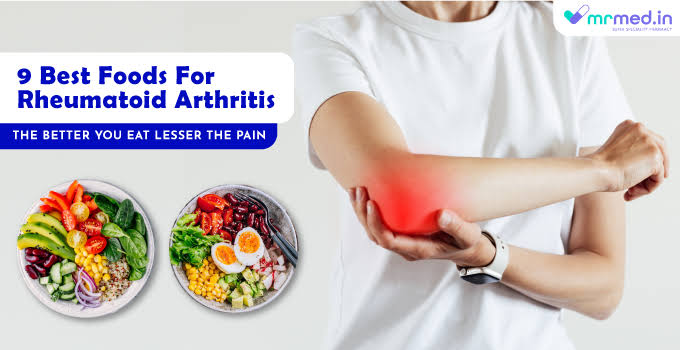- Get link
- X
- Other Apps
JUST IN
- Get link
- X
- Other Apps

Ruth Frechman, a registered dietitian nutritionist in California, stresses that there’s no single magic food. But evidence suggests that a healthy eating plan along with specific foods, herbs and spices may make a notable difference. On your next grocery run, stock up on these:
- Garlic. Garlic is a member of the allium family — which also includes onions, leeks and shallots. All contain a compound called diallyl disulfide that may help in some diseases — including arthritis. “This compound may have some effect in limiting cartilage-damaging enzymes,” says rheumatologist Scott Zashin, MD, clinical professor at the University of Texas Southwestern Medical School in Dallas.
- Tart cherries. Hundreds of studies have reported the benefits of cherries and products made from them. Cherries have a successful track record of relieving gout, mainly due to reduced uric acid, though study results on uric acid have been mixed. Cherries, especially in supplements, concentrate or extract, may also reduce the risk of heart disease, diabetes and cancer, and may help with insomnia, thinking and recovery after exercise.
- Turmeric. Few anti-inflammatory foods have been as well researched or have as long a track record as curcumin, a compound in turmeric, one of the main spices in curries. Curcumin is an anti-inflammatory that specifically targets pro-inflammatory cytokines and dysfunctional T cells and B cells involved in rheumatoid arthritis. In animal and lab studies, it’s been shown to reduce stress and depression, lower high blood pressure and high cholesterol, regulate blood sugar and protect against liver disease and cancer.
- Vitamin C-rich foods. Vitamin C is abundant in citrus fruit, strawberries, bell peppers, parsley, broccoli, kiwi and cantaloupe — not to mention Kakadu plums, the world’s richest source. Vitamin C is essential for wound healing and for forming blood vessels, muscle and the cartilage in bones.

Comments
Post a Comment
Let know your comments